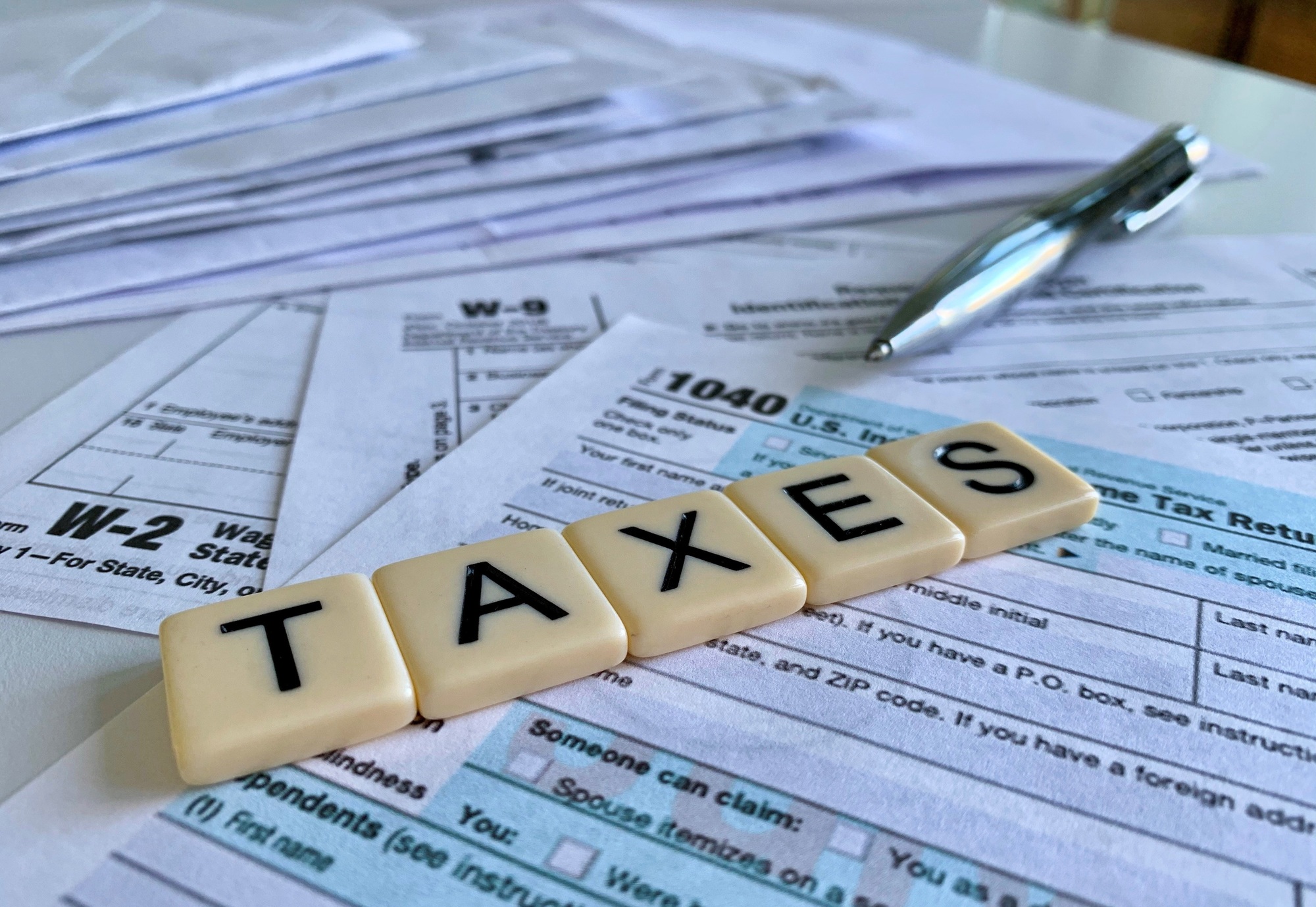President Donald Trump suggested on Sunday that his sweeping tariffs could pave the way for substantial income tax cuts for Americans earning less than $200,000 a year, as anxiety over his economic agenda continues to mount.
Speaking on his Truth Social network, Trump floated the idea that revenue from the new tariffs could be used to reduce, or even eliminate, income taxes for many Americans. “When Tariffs cut in, many people’s Income Taxes will be substantially reduced, maybe even completely eliminated,” he said, emphasizing that the benefits would be directed at lower- and middle-income earners.
The comments come amid heightened market volatility and public concern over the effects of Trump’s escalating trade war. Markets have experienced sharp swings, and fears of rising consumer prices and a potential recession have been growing.
Economists have historically cast doubt on Trump’s claims that tariff revenues could fully replace income tax collections, pointing out that tariffs are typically borne by consumers and businesses rather than foreign governments. Nevertheless, Trump has doubled down on the narrative, linking it to broader tax relief measures.
During an interview on ABC’s “This Week,” Treasury Secretary Scott Bessent sought to reassure investors, downplaying recent market turbulence. “Anything that happens over a two-week, one-month window can be either statistical noise or market noise,” Bessent said. He insisted that the U.S. bond market remains the safest in the world.
Returning from his New Jersey golf club, Trump told reporters, “We’re going to make a lot of money, and we’re going to cut taxes for the people of this country through income from tariffs. It’ll take a little while before we do that.”
However, political headwinds may complicate his ambitions. A CBS News poll released Sunday showed that 69% of Americans feel the Trump administration is not focused enough on reducing everyday prices. Meanwhile, approval for Trump’s handling of the economy has dropped to 42%, down from 51% in early March.
Trump’s broader tax proposals include extending the income tax cuts passed during his first term, which are set to expire at the end of 2025. He has also floated additional measures, such as exempting tips and Social Security earnings from taxes and cutting the corporate tax rate from 21% to 15%.
While the idea of using tariffs to fund tax cuts may be politically attractive, it faces significant economic skepticism and political challenges. For now, markets and voters alike are left weighing the potential benefits against the considerable risks.







